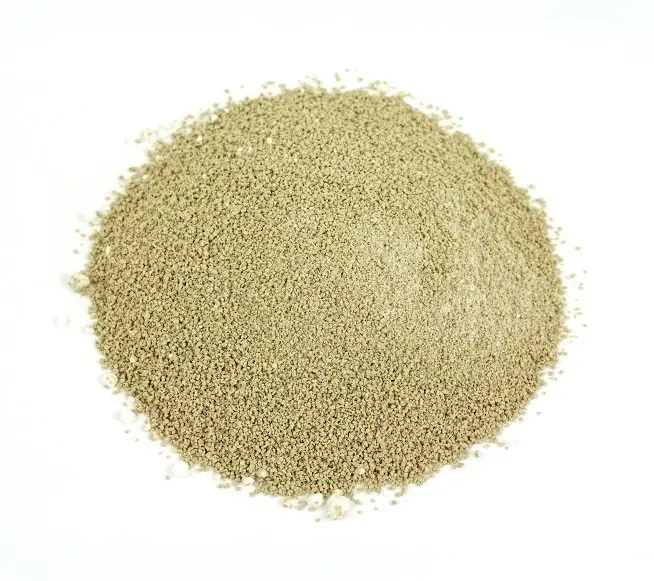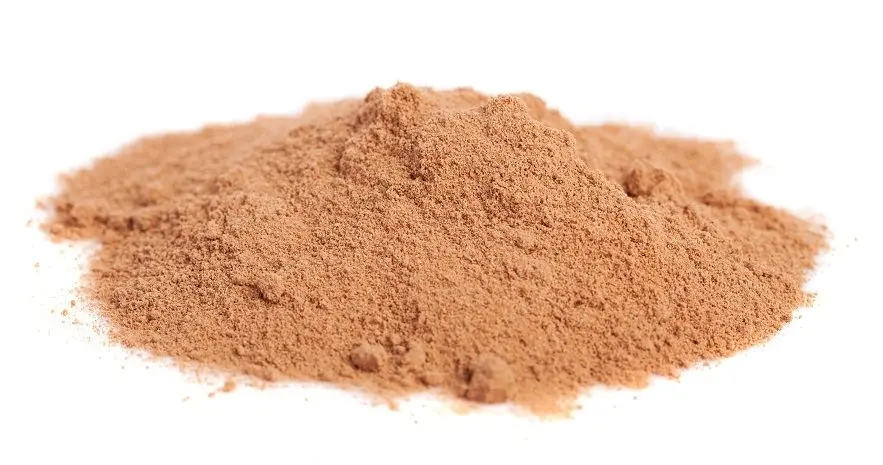After fermentation, particles of must, yeast and tartar remain in the wine, making the drink cloudy. This problem is solved by treating the finished wine with special substances that absorb unwanted particles, causing them to precipitate. In the language of professionals, clarification of wine is called “fining”. We look at the best ways to clean homemade wines from grapes, apples, and other fruits.
The most effective method of wine clarification is long-term aging. But this natural process takes too long (3-6 years) and is only suitable for expensive branded drinks.
Long-term aging of homemade wines is impractical, they are insisted for 3-5 months. After that, the drink is drained from the sediment and look at its color. If the wine remains cloudy and this does not suit you, you will have to clean it.
Clarification does not improve homemade wine, only makes it clear and may slightly increase shelf life by removing foreign impurities. This is a desirable but optional step that can be skipped.
To determine the optimal clarification method, I recommend experimenting with different methods on a small amount of wine (250-500 ml).
Wine purification methods
1. Gelatin. One of the simplest and most effective methods, suitable for all wines (especially white grape, apple, pear and plum). Clarification of wine with gelatin is carried out according to the following technology:
- For 100 liters of wine, take 10-15 g of gelatin. During the day, soak it in cold water, changing the water every 8 hours.
- Dissolve the swollen gelatin in warm water, add to the wine container and mix well.
- Leave the wine alone for 2-3 weeks, until all the turbidity gathers into flakes and precipitates.
2. Egg white. Effective for cleaning all homemade wines, especially useful for reds (grape, cherry, plum). To clarify 100 liters of drink, it is enough to separate 2-3 chicken proteins from the yolks, add a little water and beat into foam. Then mix the whipped proteins with a small amount of wine and pour into a container where the main part of the wine is located. You will see the result in 18-25 days.
3. Bentonite (white clay). It has absorbent properties, perfect for fining grape wines. Sold as a fine powder. To clean 1 liter of wine, you need 3 grams of bentonite (20 grams in a tablespoon). Technology:
- Pour dry white clay with cold water in a ratio of 1:10 (one part of bentonite to ten parts of water) and leave for 10-12 hours. For example, to clean 20 liters of wine, you need 60 grams of white clay and 600 ml of water.
- The clay will turn into lime. Before clarification, add water to the bentonite so that the mixture becomes liquid, then pour it into the wine in a thin stream.
- Drain the wine from the sediment after 5-7 days.

4. Milk. Universal way. For cleaning, it is enough to add 1 teaspoon of skimmed cow’s milk to 1 liter of wine, mix thoroughly and leave to stand for 3-4 days at room temperature.
5. Heat treatment. Close glass bottles with wine tightly with a cork so that the alcohol does not evaporate when heated. Put the bottles in a suitable container, pour cold water up to the neck. Slowly heat the water to 50°C and remove the container from the heat without removing the bottles from it. Wait until the water cools down.
The procedure can be repeated 2-3 times. After the last heating, the wine is allowed to settle for 5-6 days and drained from the sediment. The method is used to clean any homemade wines.
6. Clarification of wine with cold. Table wines are chilled (on the street or in the refrigerator) to -2°C, not fortified to -5°C. Under the influence of low temperatures, the particles of wort and yeast sink to the bottom. After that, the wine is quickly drained from the sediment and filtered until it has warmed up.
7. Activated carbon. I recommend using this method only in extreme cases, when an unpleasant smell is felt in the wine, indicating the presence of fusel oils. Pharmaceutical activated charcoal is ineffective, wood is needed.
Grind coal to a powder state and add to a container with wine at the rate of 3-4 g of coal per 10 liters of drink, mix well. Insist for 3-4 days, shaking every day. Filter through filter paper.
8. Tannin (powder from the core of the oak). Suitable for refining wines with a high sugar content (apple and pear from sweet varieties) and without astringency on the palate. Tannin can be purchased at a pharmacy.

To clarify the wine, dilute 2 grams of tannin in 10 liters of distilled water, let the solution settle and filter it through filter paper. Next, add 6 teaspoons of tannin per 1 liter of wine, mix, leave for 7-10 days, then drain from the sediment.
Regardless of the method chosen, after using it, I recommend letting the wine brew for another 25-40 days, and only then bottling it. The fact is that the smallest particles that are not visible to the eye, still remain in the wine, they will settle a little later.









